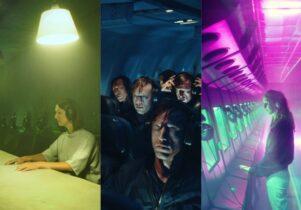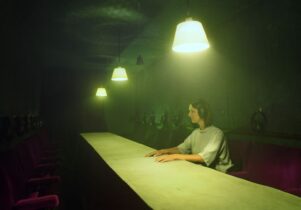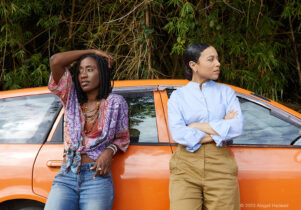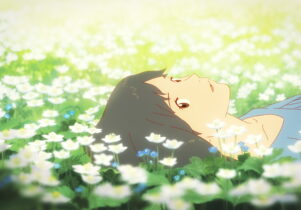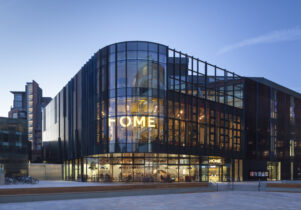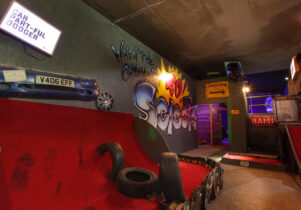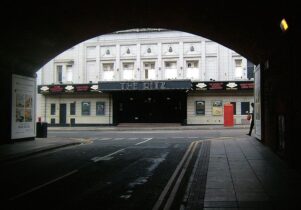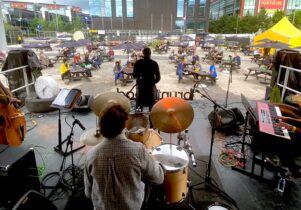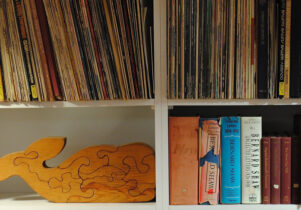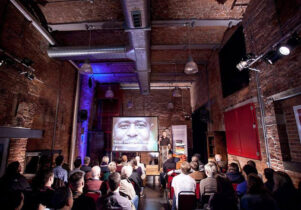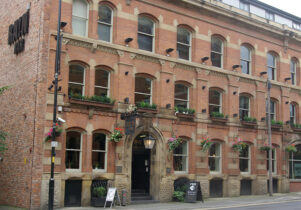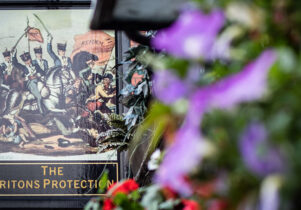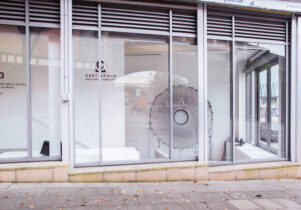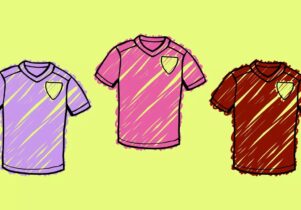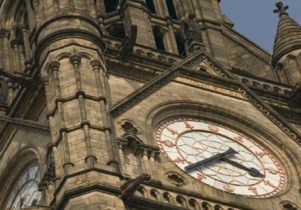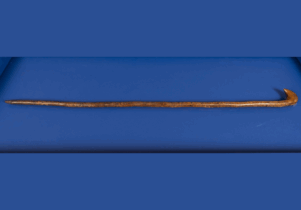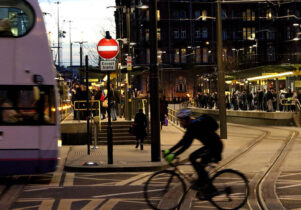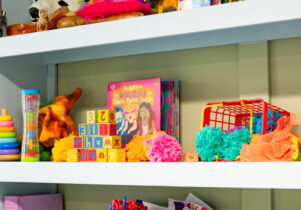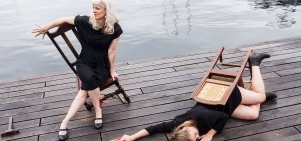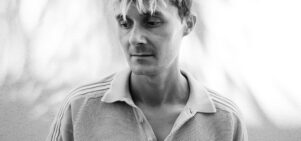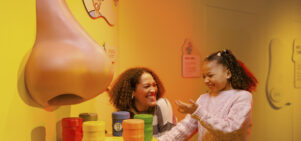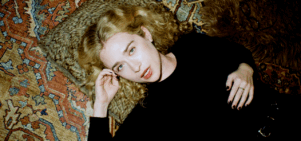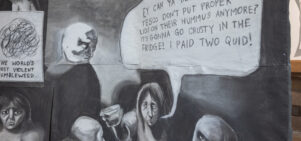Complicit: A Michael Haneke Retrospective at HOME
Tom Grieve, Cinema EditorBook now
Complicit: A Michael Haneke Retrospective
Always double check opening hours with the venue before making a special visit.
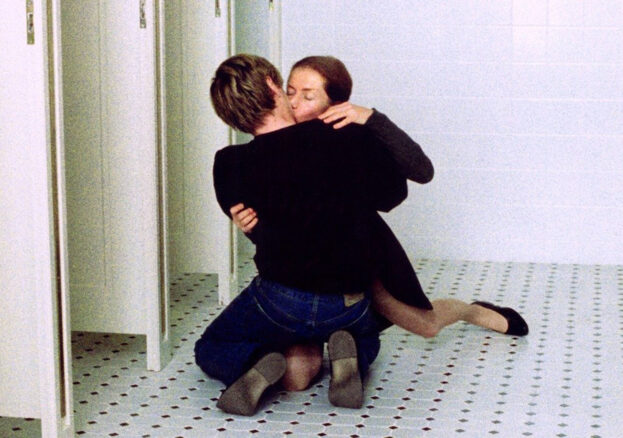
This Summer HOME are inviting audiences to experience the work of one of the true titans of contemporary European art house cinema, Austrian film writer and director, Michael Haneke. A regular on the international festival circuit, with a career stretching back decades — his 1989 debut feature The Seventh Continent screens on Wednesday 9 July — Haneke has built an intimidating, abrasive body of work that challenges audiences at every turn.
In 1997’s Funny Games (Friday 27 June) neighbourly politeness turns into a brutal home invasion. An alienated teenager invites a girl to an empty apartment only to commit a shocking act of violence in Benny’s Video (1992, Thursday 3 July). While mysterious surveillance tapes arrive wrapped in disturbing imagery at the home of a TV presenter and his wife in 2005’s Hidden (Friday 20 June). The scenarios are straight out of horror movies, and yet Haneke’s films are a long way from the blood and guts of Hollywood.
In fact, his work has been referred to as anti-genre; films that play with audience expectations, interrogating the desire to witness violence on screen and asking us to question our complicity. Threads are often left unfollowed, events, including the moments of brutal violence, are made austere and un-cinematic, while audiences are made to identify with the complacent, often amoral middle class characters depicted within.
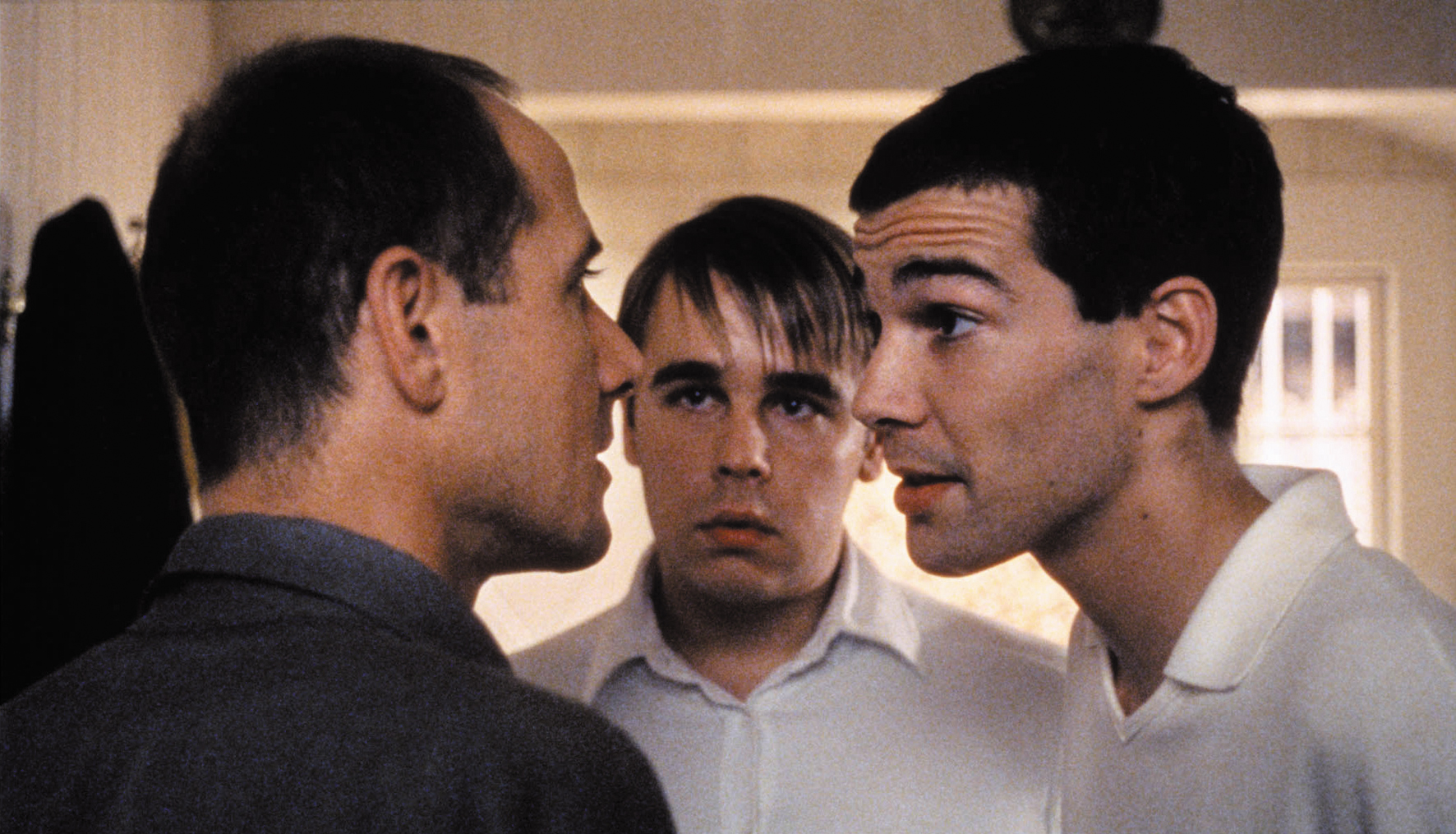
Basically, there’s no easy satisfaction here, not in the way most movies have trained us to expect anyway. Haneke has been accused of having his cake and eating it too by indulging in on-screen violence while finger wagging at the same time. There is a morsel of truth in that, and yet it’s easy to accept a little hypocrisy when hypocrisy, guilt and self-examination is so central to the work itself.
Working primarily in French and German, the director has for decades employed some of Europe’s foremost acting talent, with regulars such as Isabelle Huppert, Juliette Binoche and Jean-Louis Trintignant all featuring in multiple films. Huppert is central to 2001’s The Piano Teacher (Fri 6 Jun), appearing as a repressed, middle-aged Schubert scholar who unleashes her desire to be sadomasochistic desire to be hurt when a handsome young student tries to seduce her in perhaps the quintessential Haneke classic.
Included amongst the other titles screening at HOME over the coming months are two Cannes Palme d’Or winners in 2009’s monumental, black-and-white The White Ribbon (Sun 6 July), which examines the nature of evil, and a group’s ability to indulge in it on the eve of World War I. Lastly, 2012’s Amour (Tue 15 July) is a moving study of the process of ageing that also won an Academy Award, while proving that Haneke could invoke tenderness, albeit in his own way.
